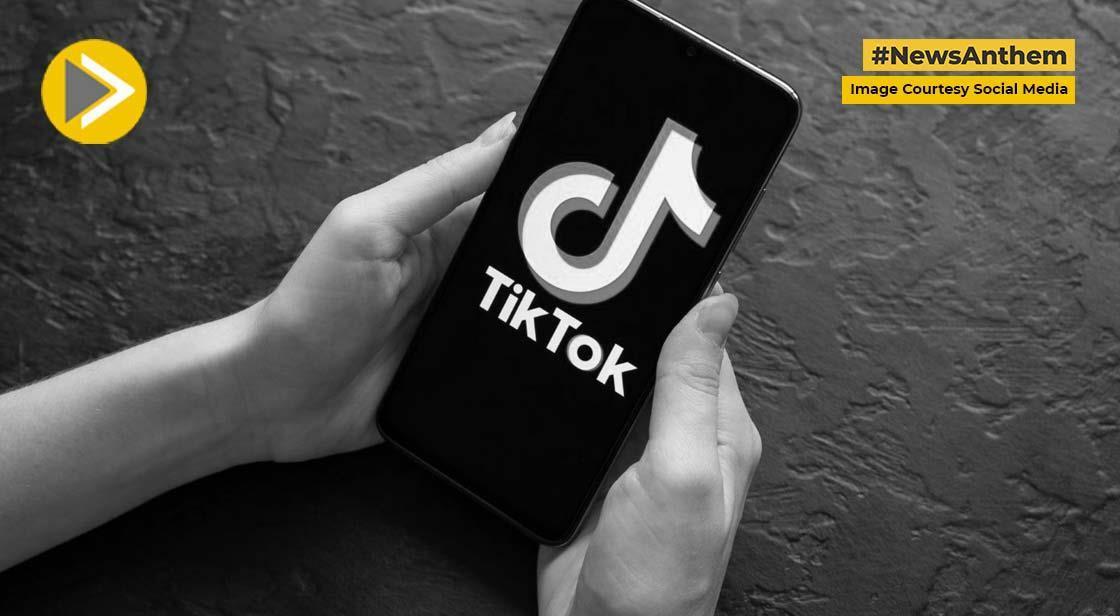TikTok Plans Separate US App with Independent Algorithm and User Data: Report

News Synopsis
TikTok is preparing to introduce a new standalone app exclusively for US users, featuring a separate algorithm and data infrastructure. The move is part of a broader effort to resolve national security concerns raised by the US government and lay the groundwork for a potential divestiture of the app’s American operations.
The standalone version is expected to function independently from the global TikTok app and will be built to meet compliance standards laid out in the legislation passed in 2024 requiring ByteDance to divest its US TikTok assets.
Internal Project “M2” Targets September Deadline
According to Reuters, the initiative—codenamed “M2”—has a September launch deadline. TikTok engineers have been racing against time over the past several months to duplicate the app’s codebase, including AI models, recommendation algorithms, user data systems, and all key features, for a US-specific version.
Insiders reveal that the US app is being built from the ground up using code migrated from the global version but isolated to work solely with US user data, ensuring compliance with national security expectations.
Algorithm Separation May Resolve Long-Standing US Concerns
The recommendation algorithm, often described as the “crown jewel” of ByteDance, has been at the heart of the US-China technology dispute. Washington fears the algorithm could be used for influence operations or surveillance, while ByteDance has denied any misconduct.
Creating a separate algorithm for US users may ease concerns over Chinese government influence and help TikTok avoid an outright ban in the United States.
Similar to China’s Douyin Model
Sources say the new US-only app will resemble Douyin, the China-exclusive version of TikTok, in its independent structure. The US version will not appear in app stores outside of the country, effectively walling it off from TikTok’s global ecosystem.
Although existing content is expected to migrate to the new platform, it is uncertain how global content will be integrated. The new algorithm will train only on US data, meaning recommendations will focus primarily on US-generated content.
Data Migration and Oracle Hosting Continue
Following the January 2024 law, TikTok began relocating international user data out of US-based Oracle servers, ensuring only American data remains hosted in the US. This step marked a significant move toward separating the US and global businesses.
The company has also been working on isolating its algorithm's codebase for the US market since last year, despite previously denying such efforts publicly.
Sale Talks and Investor Consortium
The move toward separation comes amid increasing political pressure in Washington. A sale of TikTok’s US operations has been discussed, with a consortium of American investors—including SIG, General Atlantic, KKR, Blackstone, and Andreessen Horowitz—emerging as front-runners. Oracle is also expected to take a stake.
If a sale is finalized, ByteDance is likely to retain a minority stake in the new US-based venture.
China’s Export Control Rules Pose a Hurdle
A major obstacle remains: China’s export control regulations. In 2020, the Chinese government updated its rules to include technologies like recommendation algorithms, giving Beijing a say in any such transfer or sale.
While there is internal optimism within TikTok, it remains unclear whether Beijing will approve the separation of the algorithm or any potential divestment of US operations.
Trump’s Renewed Interest in a TikTok Deal
Former President Donald Trump, who originally sought to ban TikTok in the US, has recently revived talks of a possible deal. Trump said last week that while he was "not confident" of China’s approval, he believes the deal could benefit both nations.
Negotiations over TikTok now appear to be closely tied to broader trade talks between the US and China, particularly concerning tariffs and tech policy.
Conclusion
TikTok’s efforts to launch a fully independent US app with a separate algorithm and data system could mark a pivotal moment in the ongoing US-China tech standoff. Whether the move satisfies Washington—and gets the green light from Beijing—remains to be seen, but the plan represents a bold step toward reshaping the platform’s American future.
You May Like









